Voices of International Students

TE-YU HUANG
School of Social and International Studies
From Taiwan

What sparked your interest in this university?
I have always been deeply interested in Japanese culture, such as anime, J-pop, baseball, and so on. It had long been my dream to study in Japan. When I started looking into universities during my 12th grade, I came across the University of Tsukuba. I was attracted not only by the affordable tuition compared to private universities in Tokyo, but also by its excellent location. Quoting the slogan from the Tsukuba Express: "45 minutes to Akihabara", I was fascinated by the opportunity to easily explore one of the hearts of Japanese culture beyond the campus. Despite my personal preferences, I was also drawn to the welcoming atmosphere described by one of my high school seniors who studied there. His positive experiences made me feel even more excited about the possibility of studying at Tsukuba.
What aspects of Japanese culture or customs surprised you? How did you adapt to them?
One aspect of Japanese culture that has bothered me for a long time was the use of different speech levels in Japanese. As I am often confused about when to use the polite form (丁寧語) versus the plain form (タメ口), especially when I talk with my Japanese classmates. Since we are all around the same age, I was never quite sure whether I should stick with the polite language to show politeness or switch to the plain form to help me build closer relationships. It was quite challenging for me at first to find the right balance, but after spending time chatting with my Japanese friends and people every day. I have gradually become more comfortable with switching between these two.
What do you enjoy about Tsukuba?
The pace of life in Tsukuba is something I genuinely enjoy, except on rainy days. The lifestyle and the atmosphere here are ideal for student life, especially the balance between academics and extracurriculars. I also enjoy the affordable cost of living here. On campus, we have Kasumi , and beyond that, there are supermarkets with relatively cheap prices, such as Lopia, Trial, Donki and 業務スーパー. Though some of them are far away from the campus, I still appericiate the variety of options we have for grocery shopping. And if you are seeking more entertainment besides Mt. Tsukuba or the iias shopping mall, just hop on the Tsukuba Express and Tokyo is 45 minutes away (only if you take the rapid one, of course).
What do you hope to achieve during your time here?
First and foremost, I am hoping to graduate successfully. But one goal beyond that during my time in Japan is to further improve my Japanese proficiency, not necessarily just to pass the JLPT, but as a way to genuinely be able to interact with local people and better understand Japanese culture that is not included in my JLPT textbook, like watching Japanese variety shows without translated subtitles. Alongside my personal development, I also hope to be able to share my experience with students who are planning to study here, or those who are going to study in Taiwan. I want to be a bridge, a bridge that helps people understand Tsukuba and Taiwan bilaterally, and support them warmly like a caring grandma, just like the help and kindness I received when I first arrived here.
What do you think makes the University of Tsukuba special?
The campus's size, openness, and internationalization make it stand out in my mind. The campus is massive, but you are barely surrounded by fences or walls, sometimes you would not even know you had entered the campus when you first arrive, it just seamlessly blends with the local neighborhood. When hanging out with my friends on campus, it never feels like school, rather feels like a neighborhood with libraries, an extraordinary bakery, some cafeterias with decent food, and lots of lecture rooms. The blend of multinational culture in a Japanese institution also feels refreshing. Though we are not an international school or language school, you simply catch the vibe, and it feels fantastic to study alongside Japanese people and people from other countries.
-

ASYRAF KAZUKI BIN ABDUL ZAKI
From Malaysia
-

CHUN PI HSIEH
From Taiwan
-

EI YADANAR MAUNG
From Myanmar
-

LIANG LIU
From China
-

EMMA ROSE DANGERFIELD
From Australia
-

IBRAHIM AKID
From Tunisia
-

LEYUN HUANG
From China
-

HYOWON LEE
From Korea
-

ZACHARY JAMES YOSHIOKA
From USA
-

NIMISH SUDHIR GODSE
From India
-

HASINI NIMANTHI KATIYAPE SAMARASEKARAGE
From Sri Lanka
-

MURAN XU
From China
-

YANG HU
From China
-

TE-YU HUANG
From Taiwan
-

SHAFIQULLAH YOUSAFZAI
From Afghanistan
-

QI SHI
From China
-

MYLES
From USA
-

ISRAT JAHAN
From Bangladesh
-

SOTHEARITH ENG
From Cambodia
-

FELIX COOMBER
From UK
-

WAI PHYO THU
From Myanmar
-

SRINITHI ASHOK KRISHNASWAMY
From India
-

SACHI JOCHI
From Japan/India
-

PING HUAN WANG
From Taiwan
-

NGHI NGUYEN BAO
From Vietnam
-

GUANGQI AN
From China
-

HELIO NONOSE
From Brazil
-

TAO LENG
From China
-

INSYIRAH
From Malaysia
-
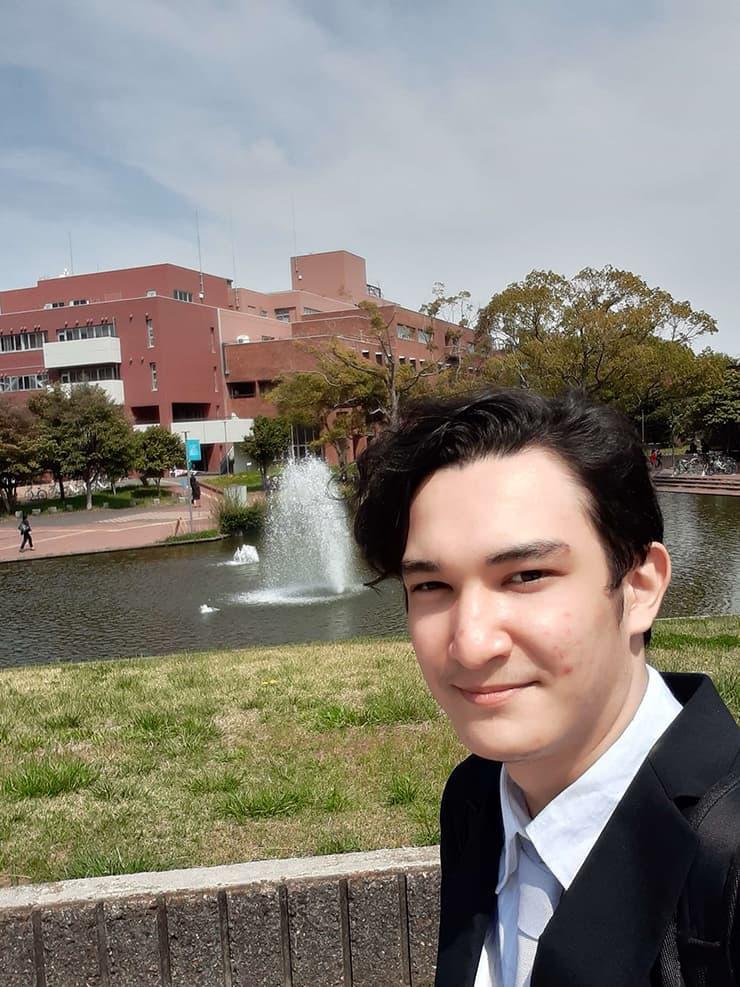
ARAMAKI, CAUE SINGO
From Brazil
-
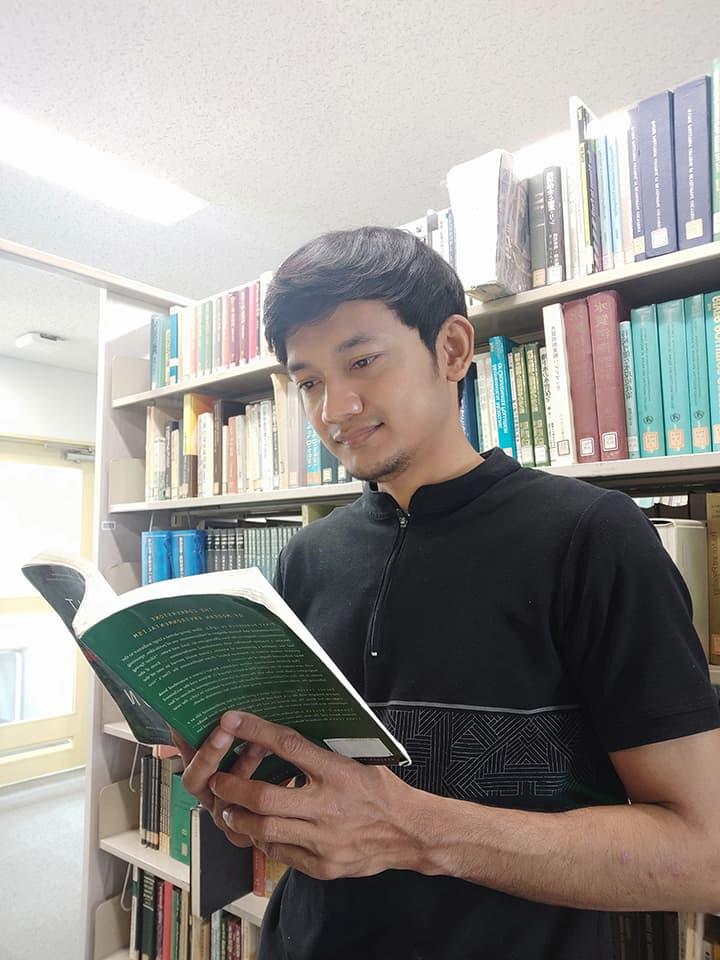
SUHARMAN
From Indonesia
-
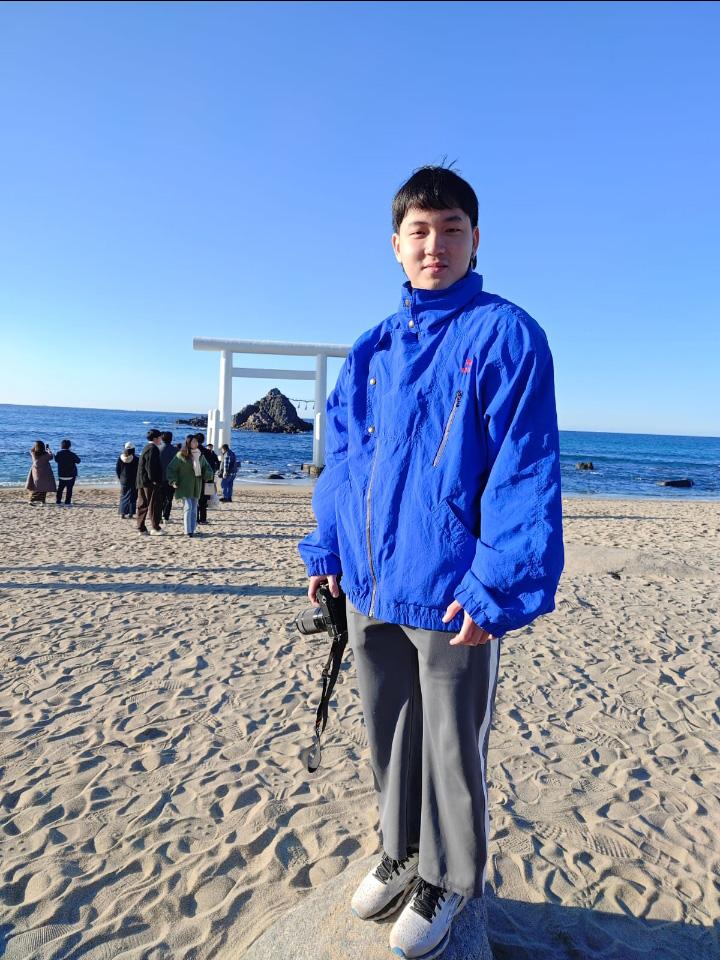
NG RAY SHAN
From Singapore
-
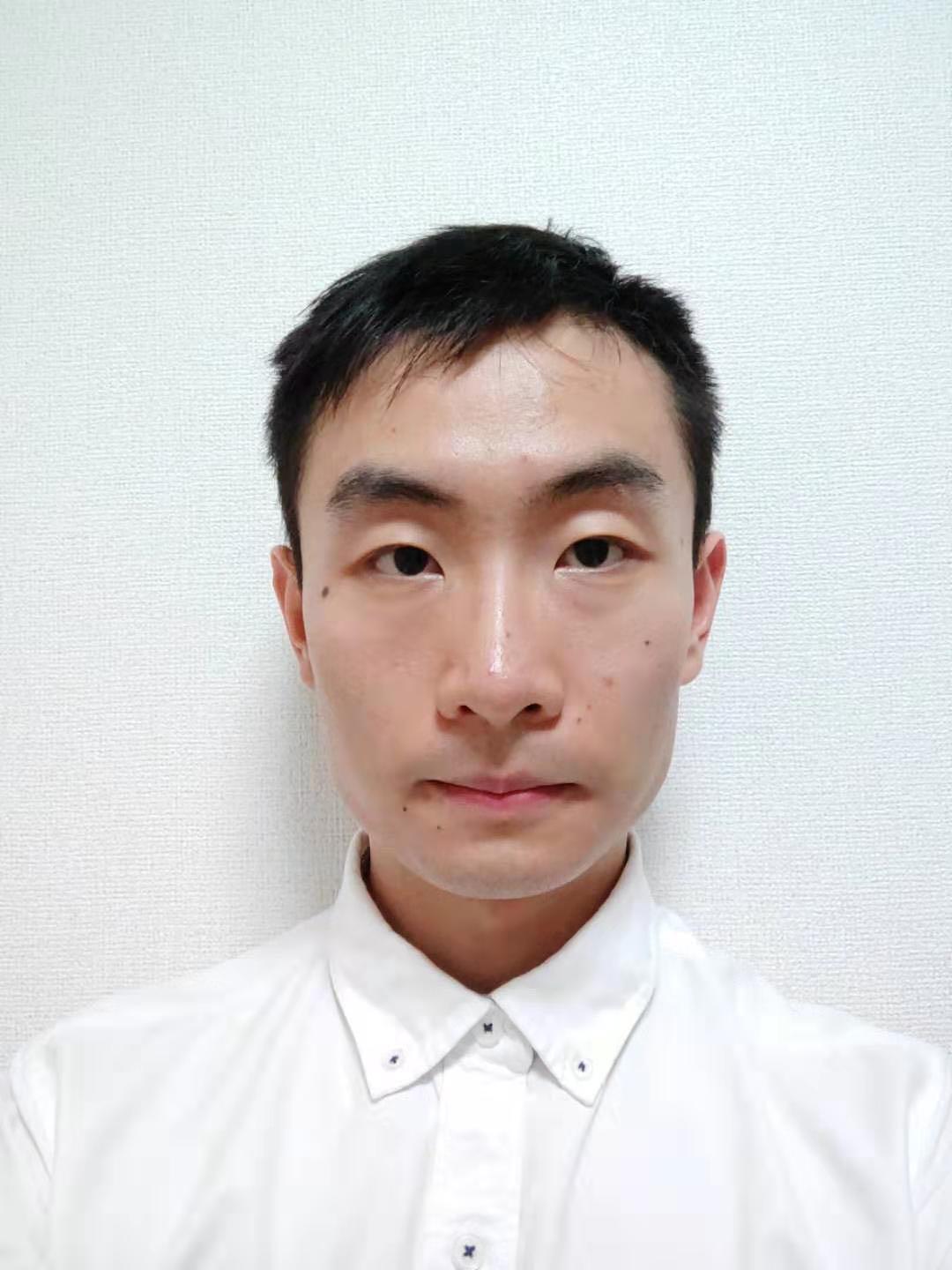
DU XIN
From China
-
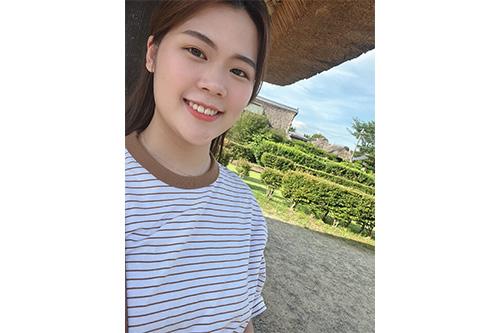
YINA SHIN
From Korea
-

JOOEUN YOON
From Korea
-
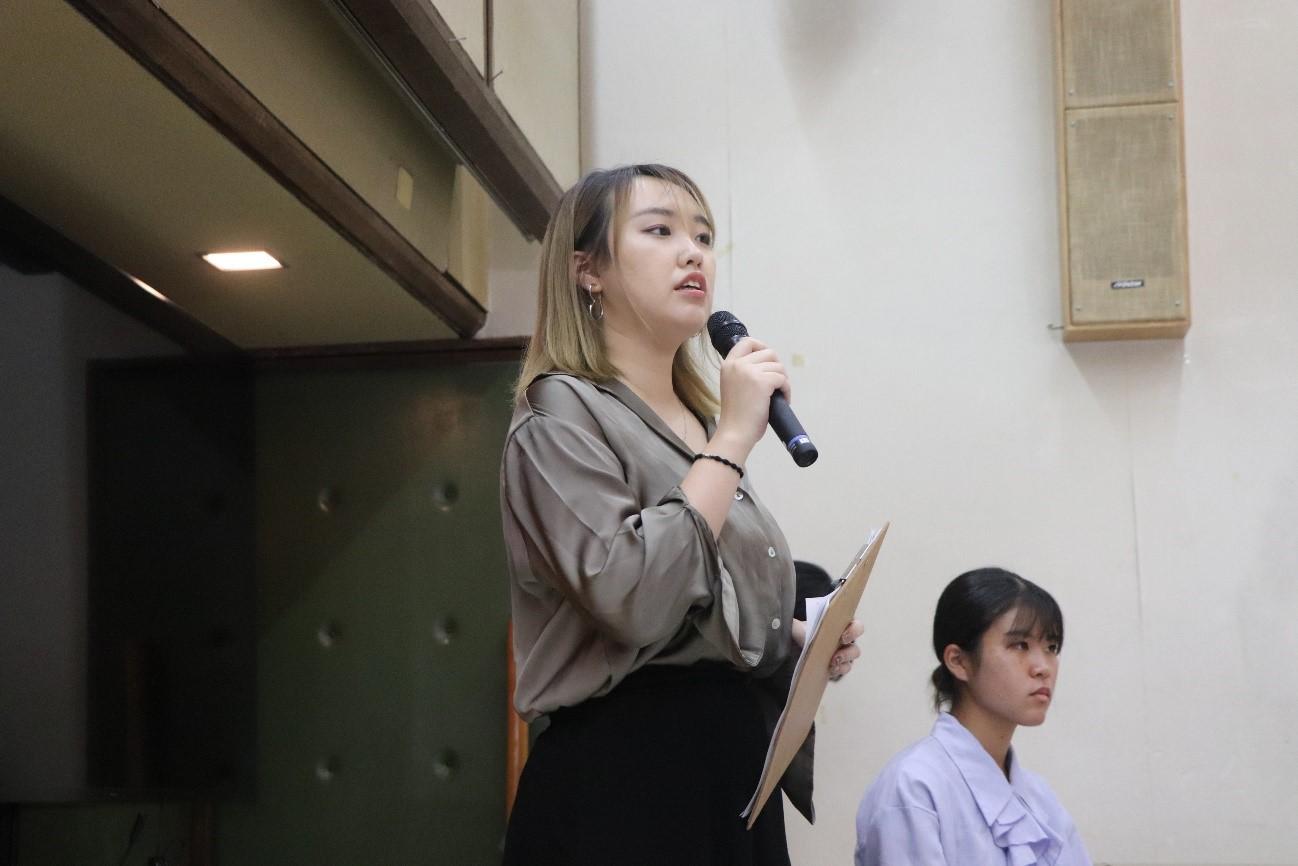
REN YIHAN
From China
-
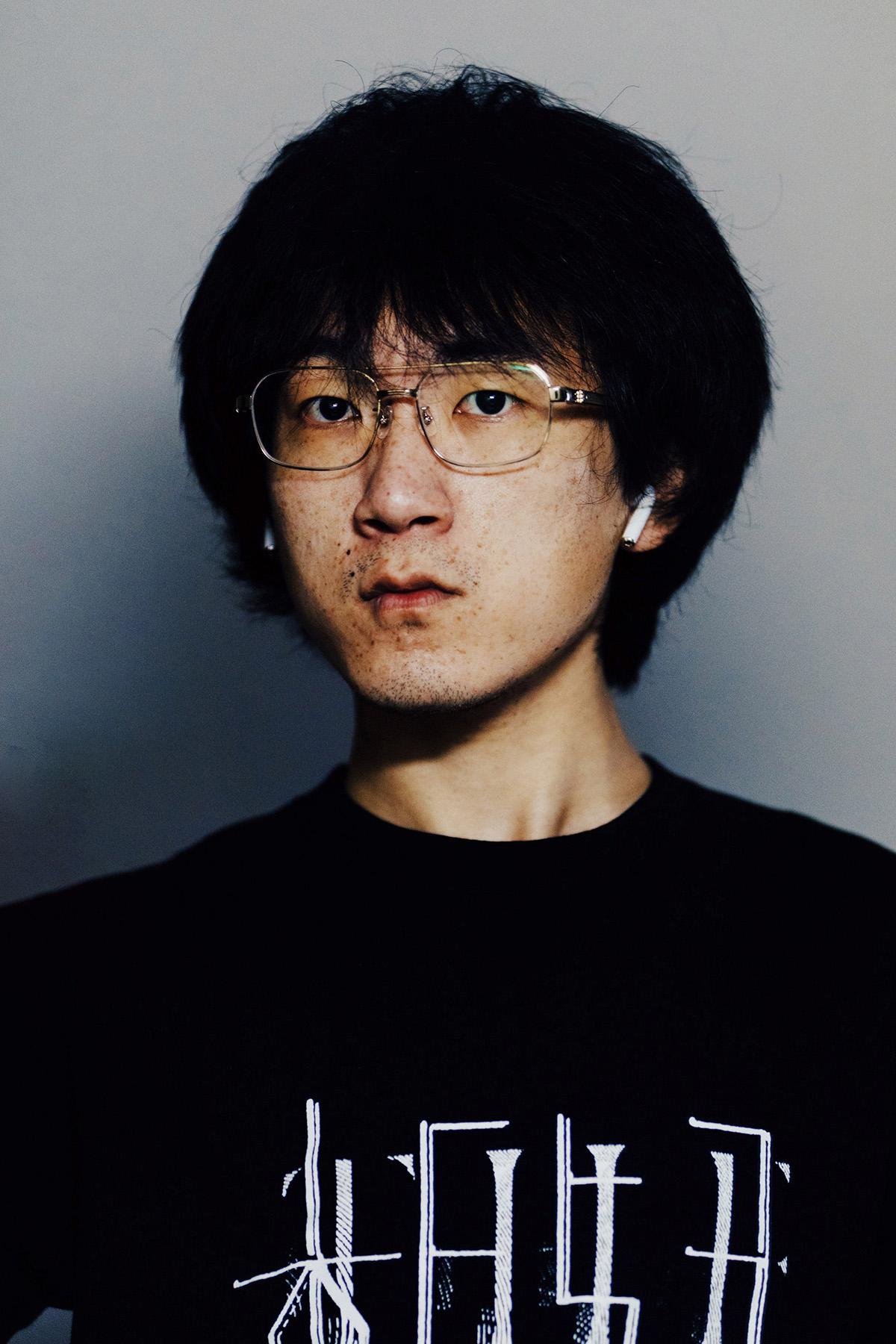
MENG LIYUAN
From China
-
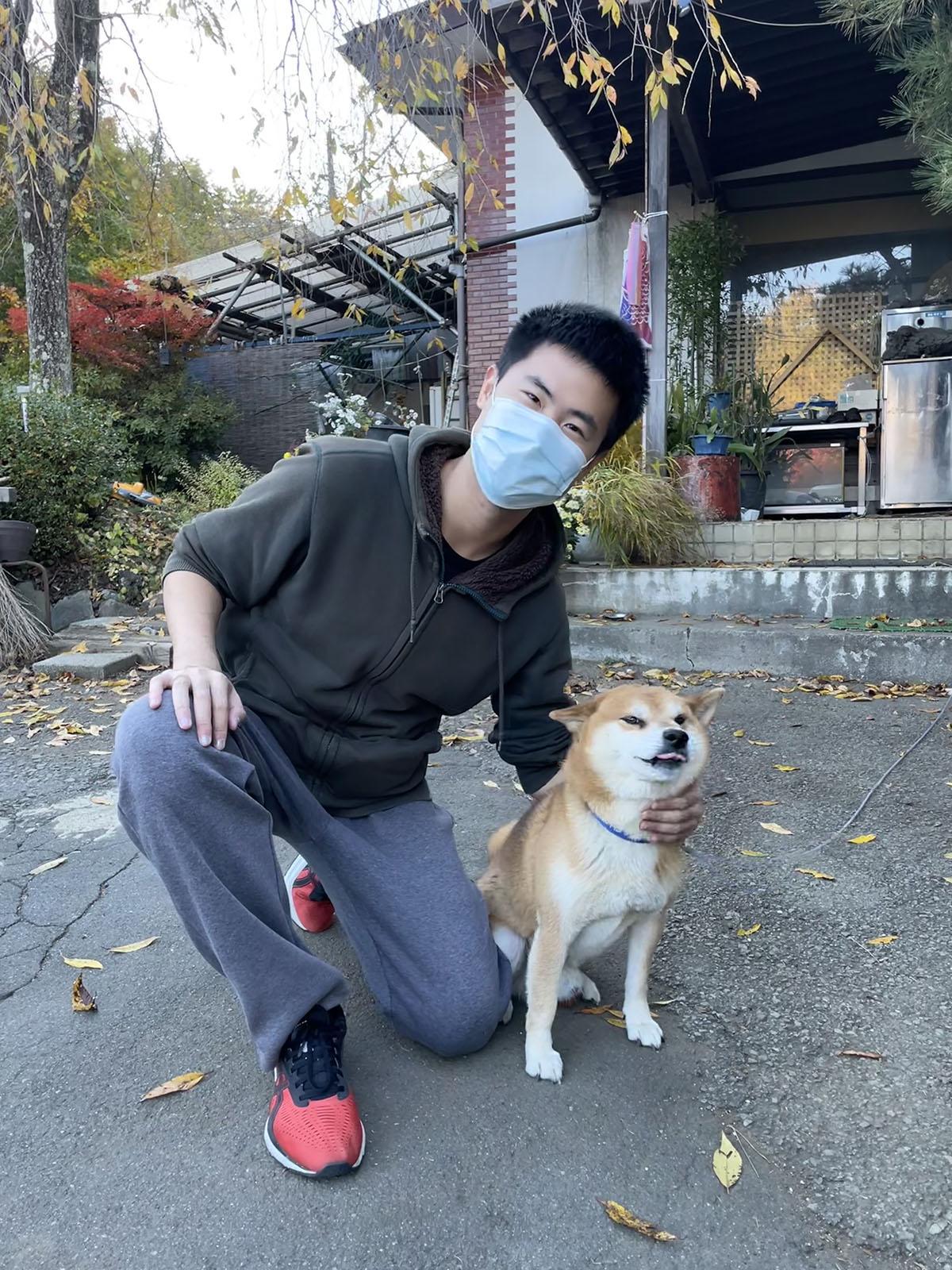
WU BOQIAN
From China
-
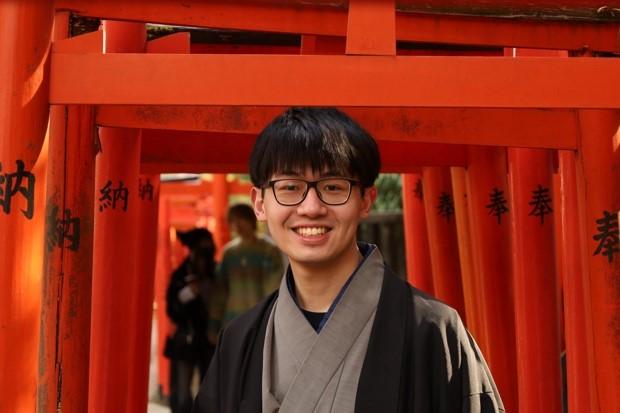
YU, CHENG-HAN
From Taiwan
-
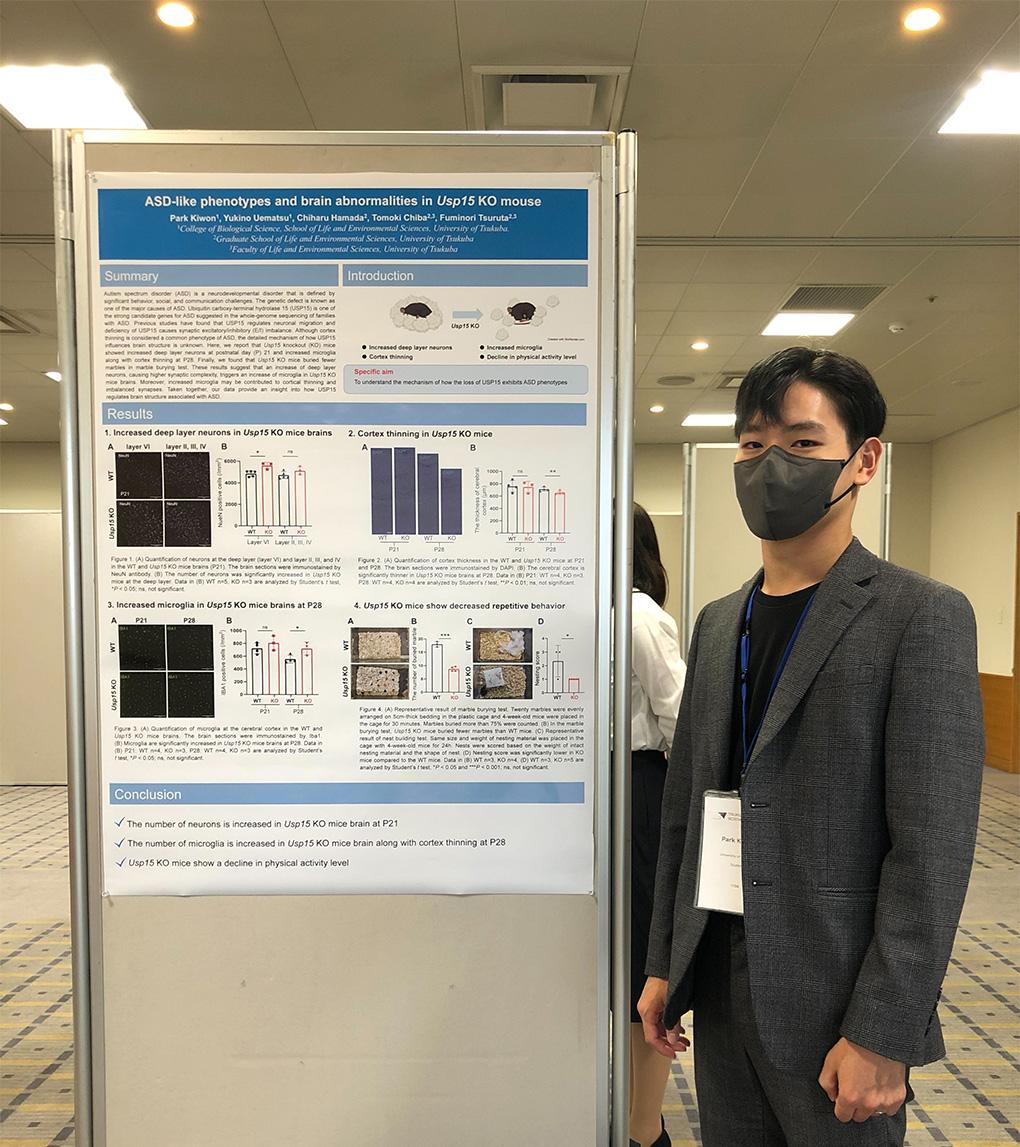
PARK KIWON
From Republic of Korea
-
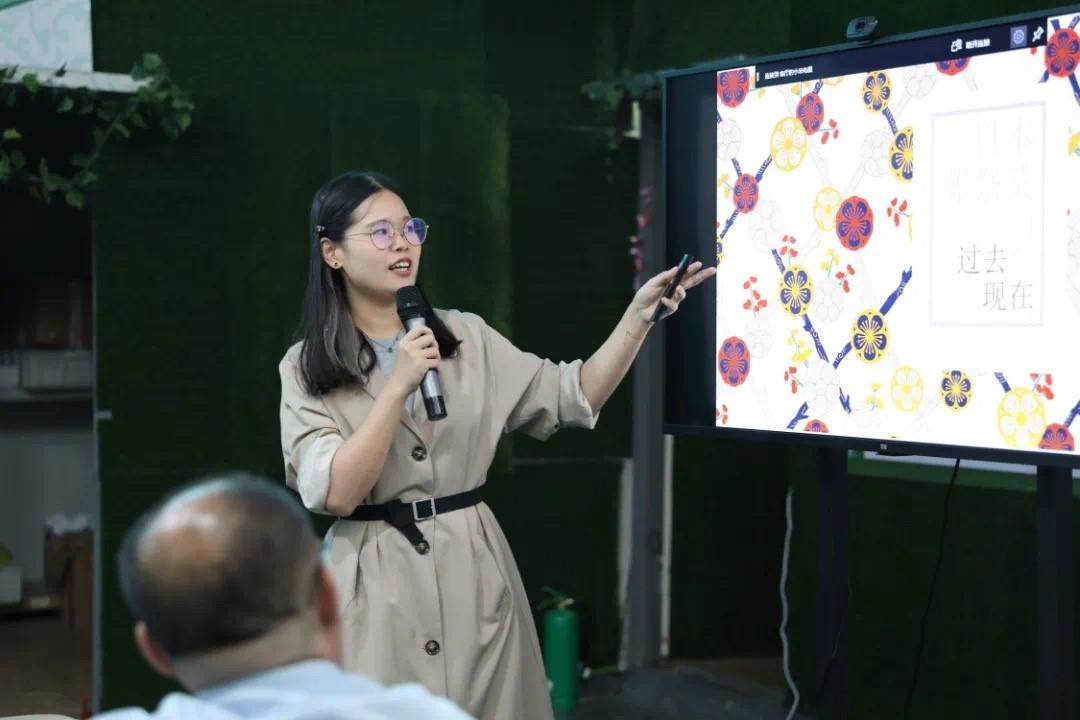
CHEN MIN
From China
-
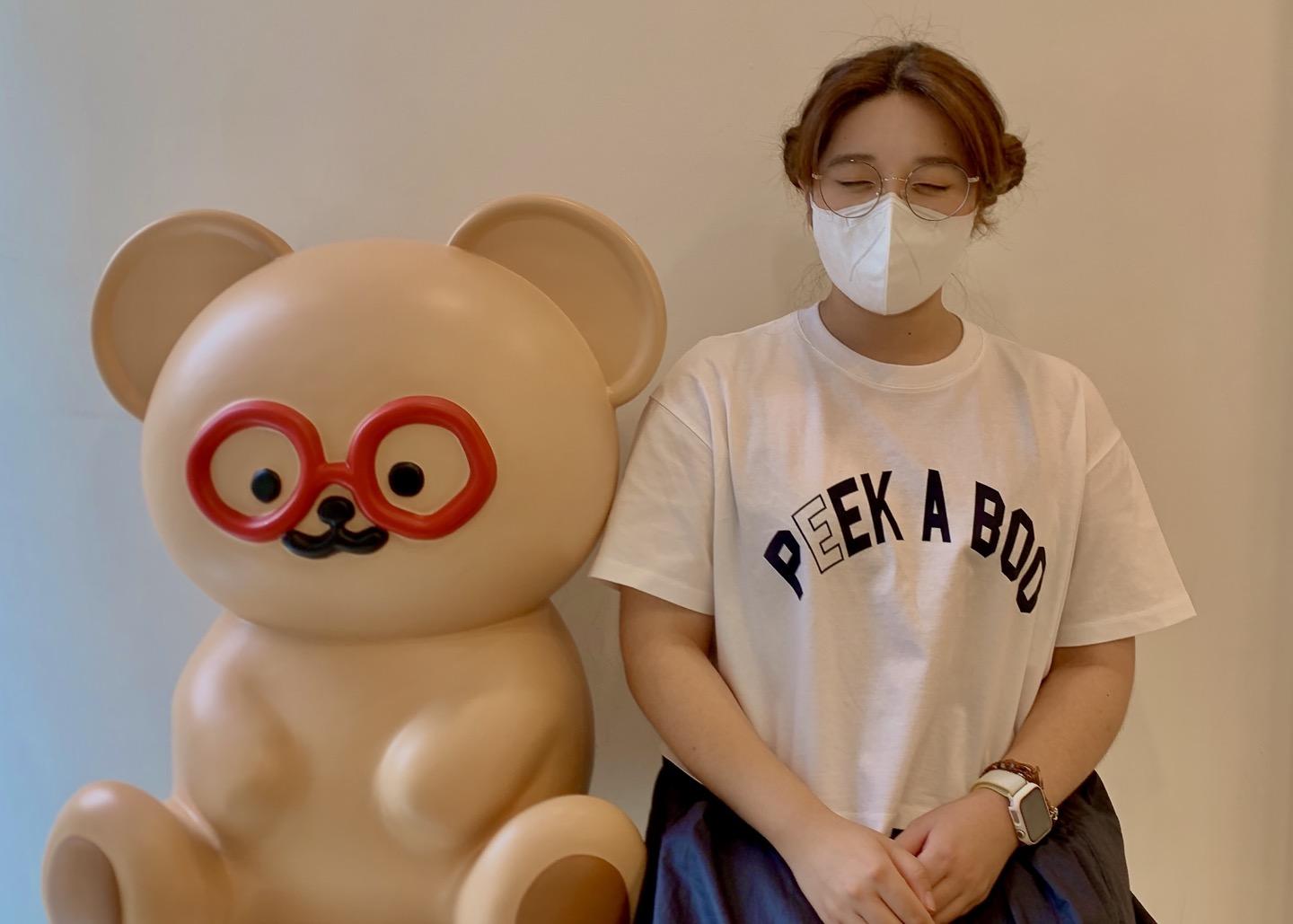
CHAEYEON LEE
From Republic of Korea
-
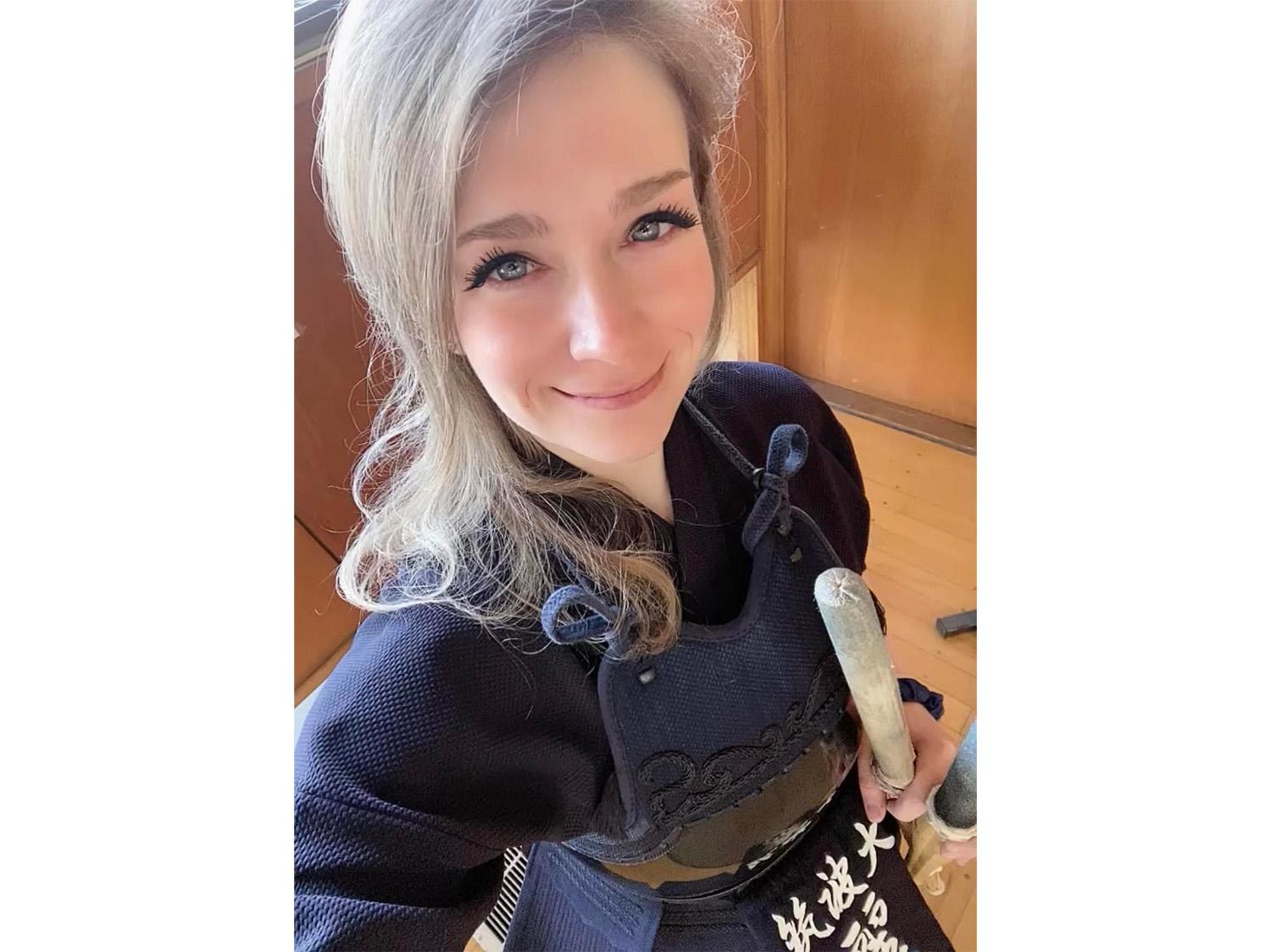
ELIZABETH BERGEN-BARTEL
From USA
-
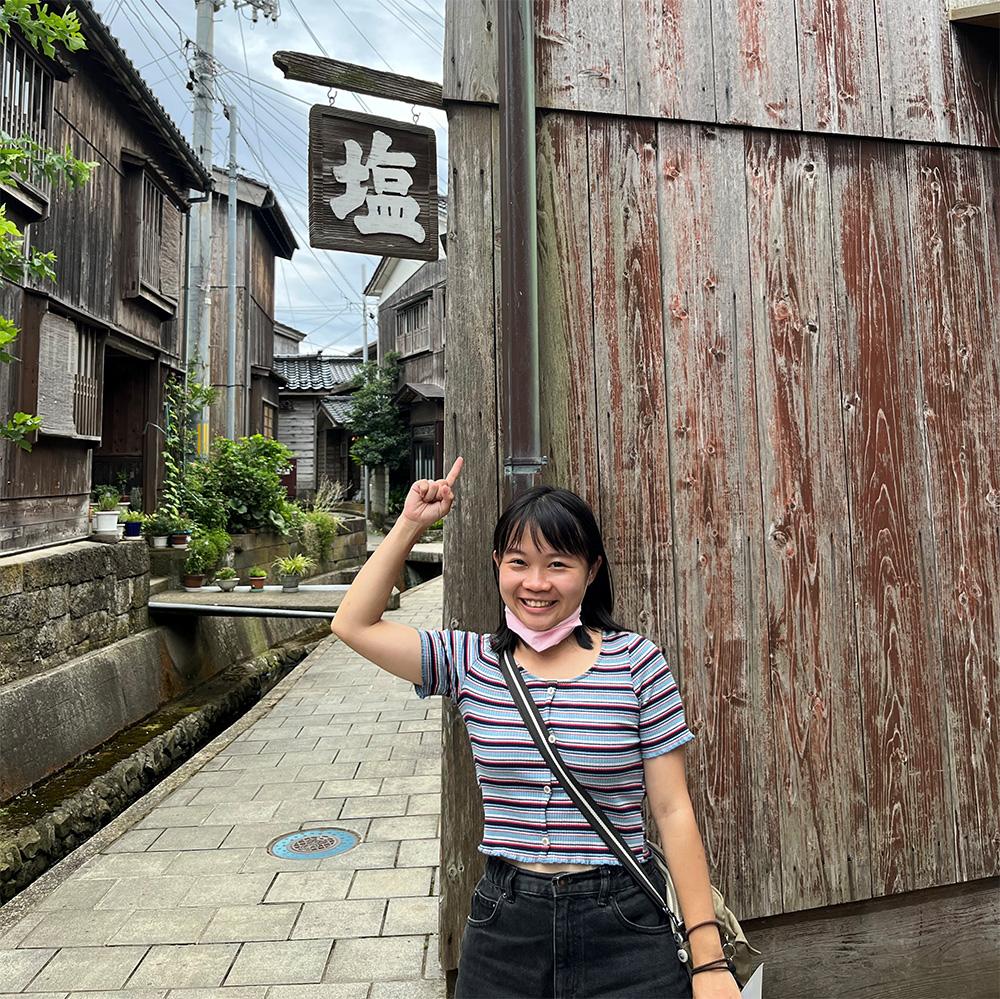
LIAO, HSIN-YEN
From Taiwan
-
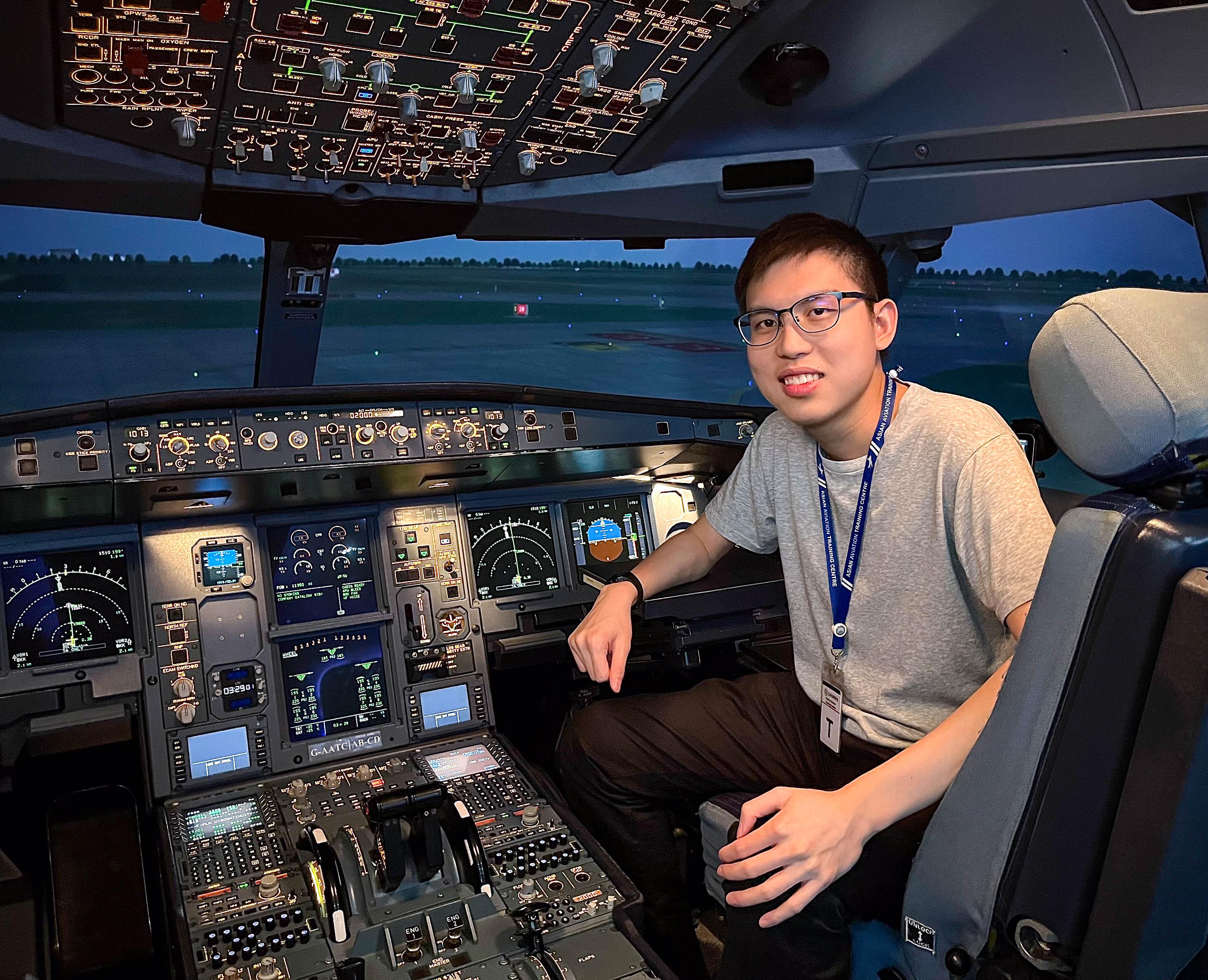
PAKORN WANGSUEKUL
From Thailand
-
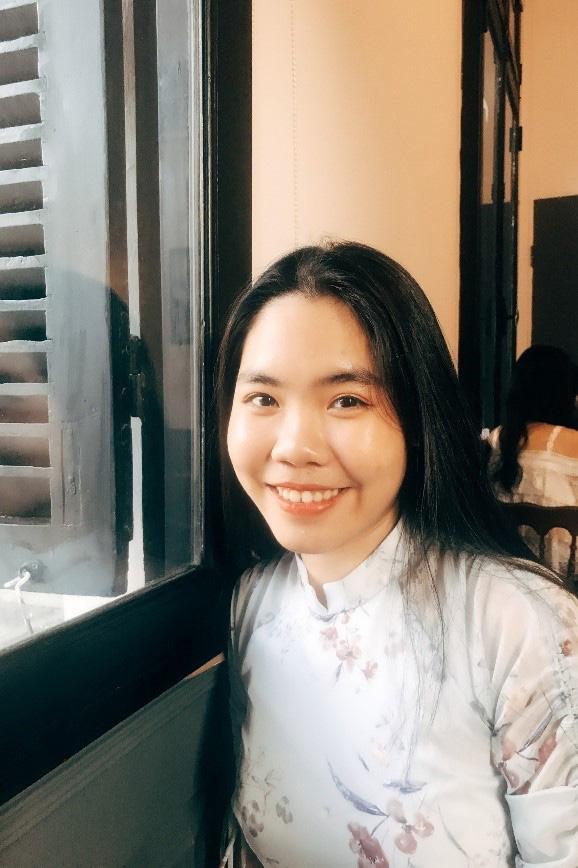
NGUYEN THUY ANH
From Vietnam
-
LAN CHI
From Vietnam
-
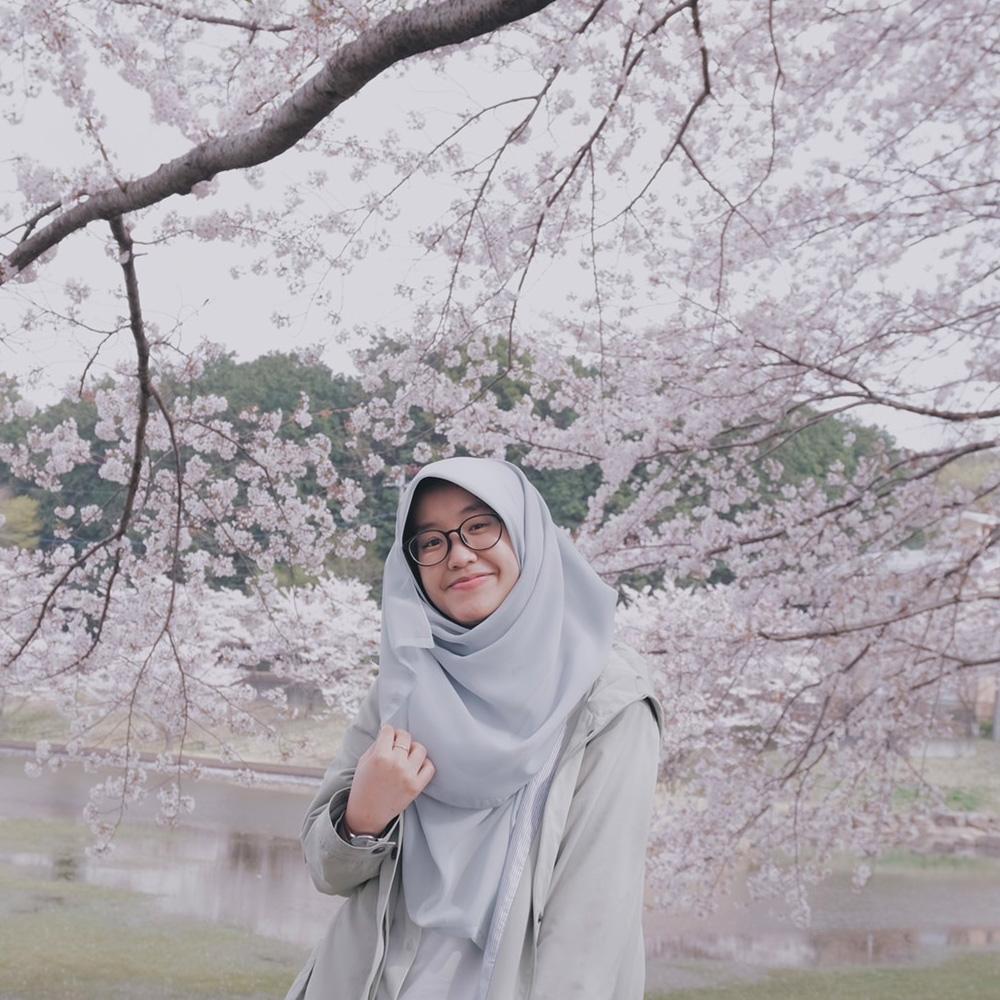
NADIA HASNA KARIMAH
From Indonesia
-
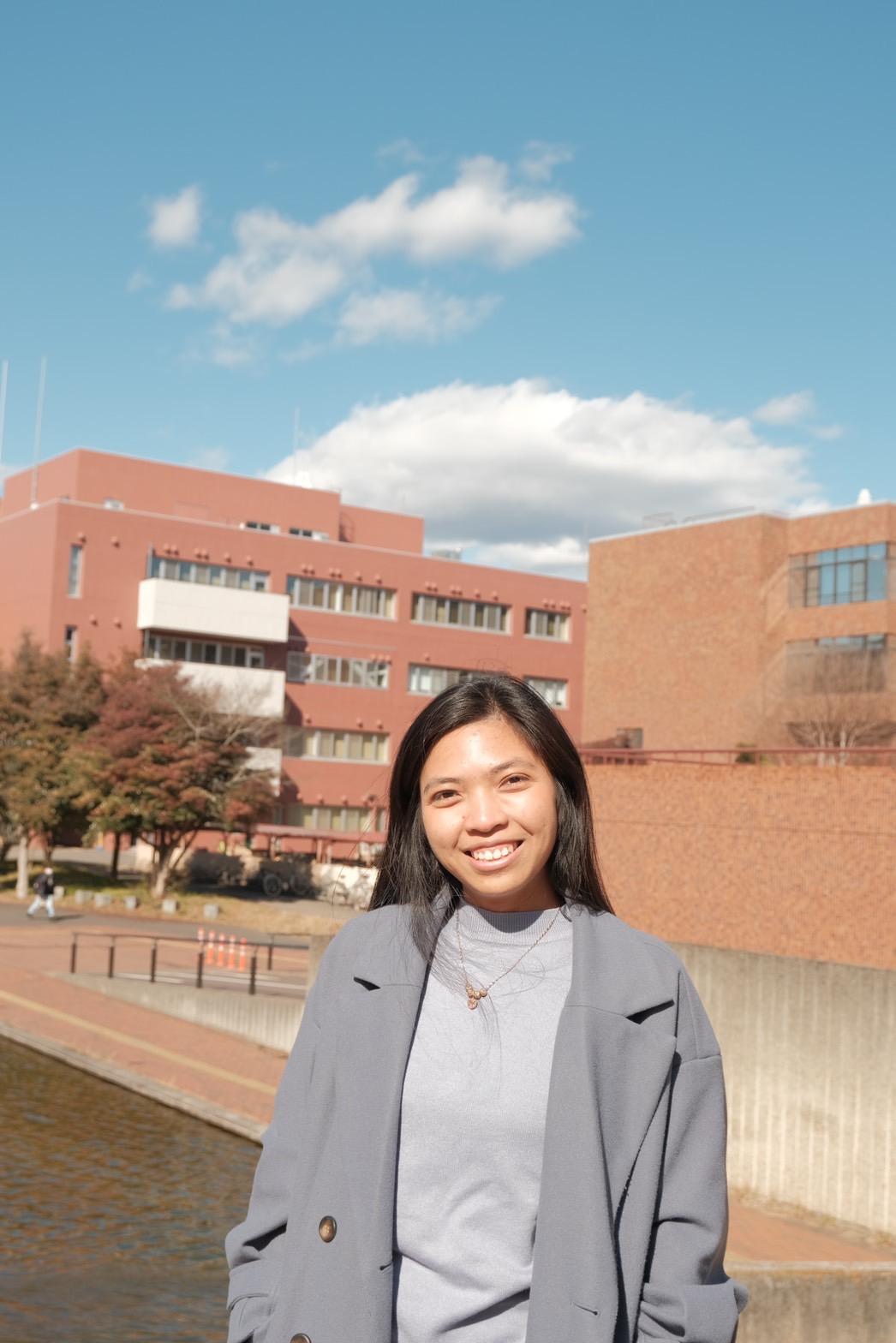
HNIN OO
From Myanmar
-
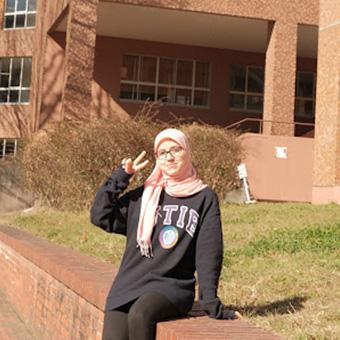
KAWTAR
From Morocco
-
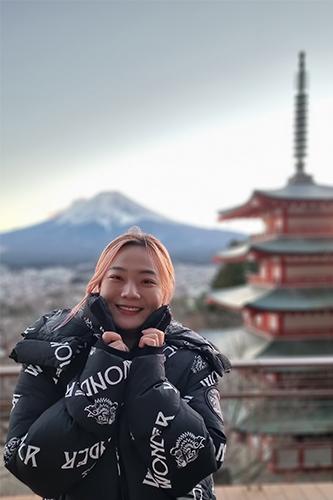
NA
From China
-
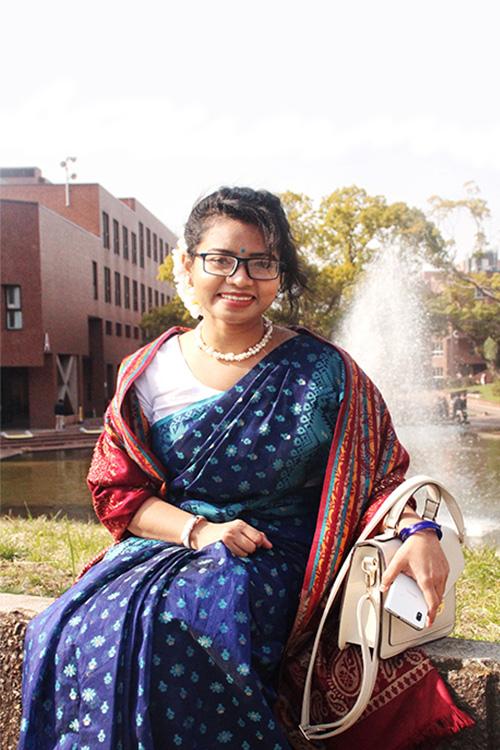
AFSARI
From Bangladesh
-
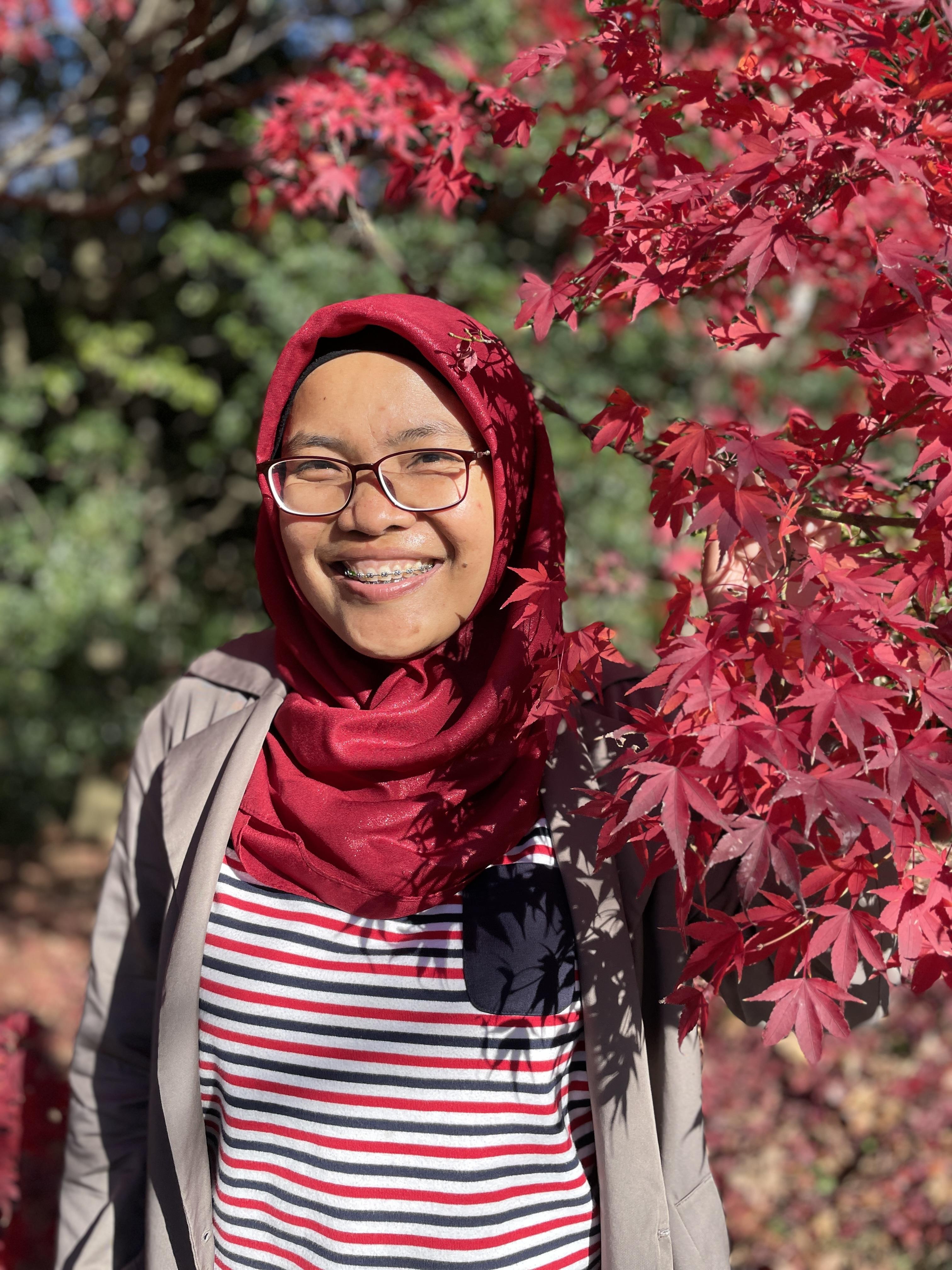
REZA
From Indonesia
-
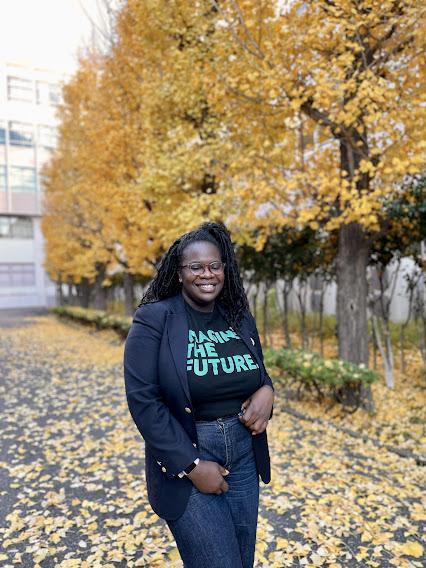
YOLANDA GRA?A
From Angola
-
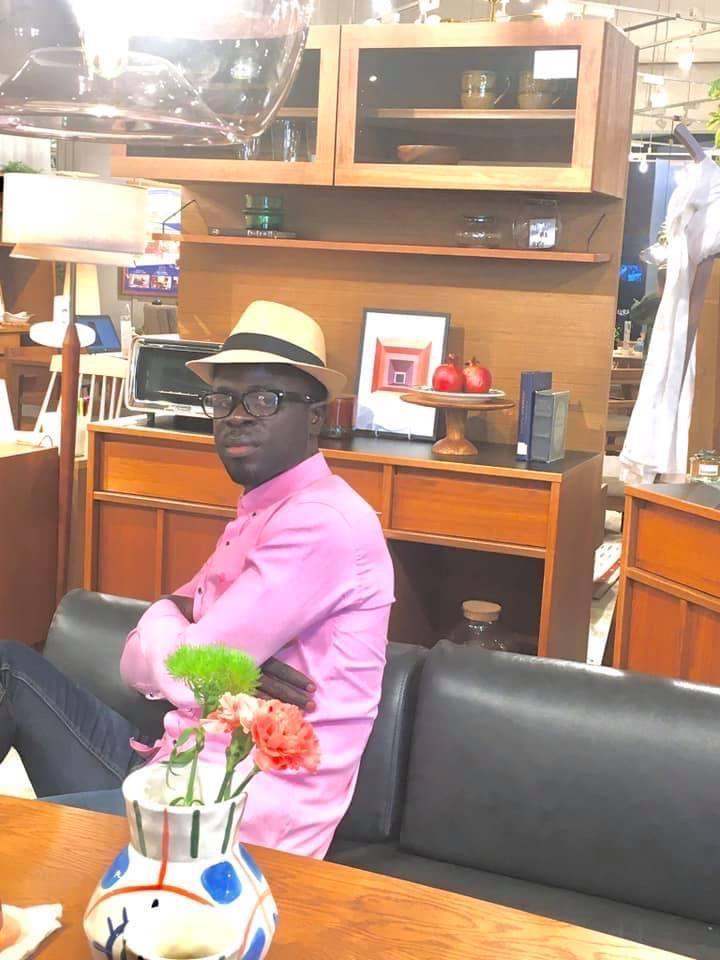
ADOM
From Ghana
-
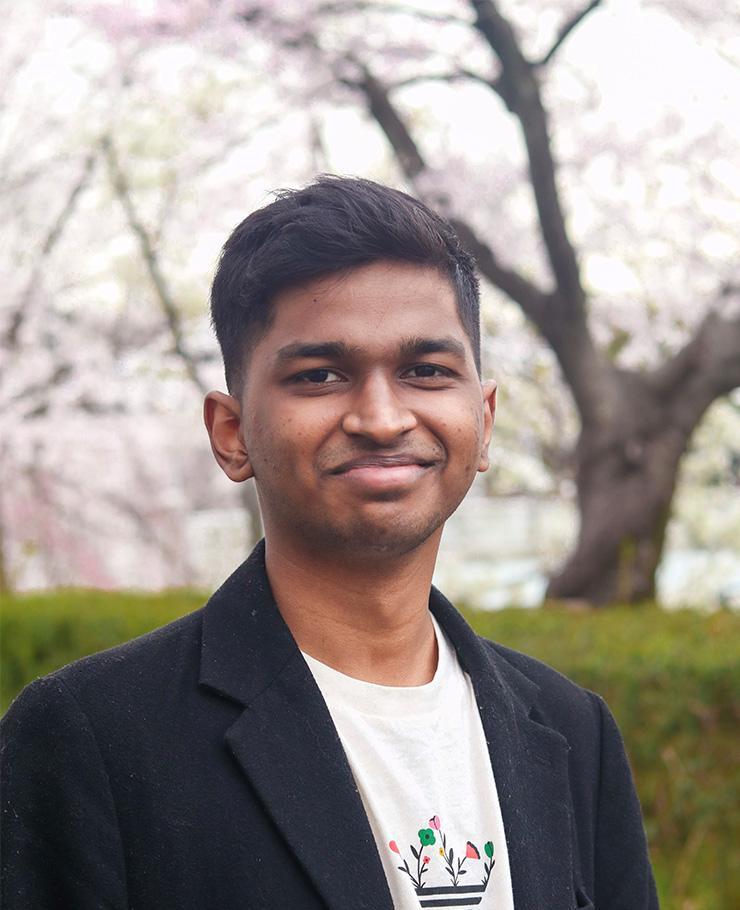
SUDHIR
From India
-
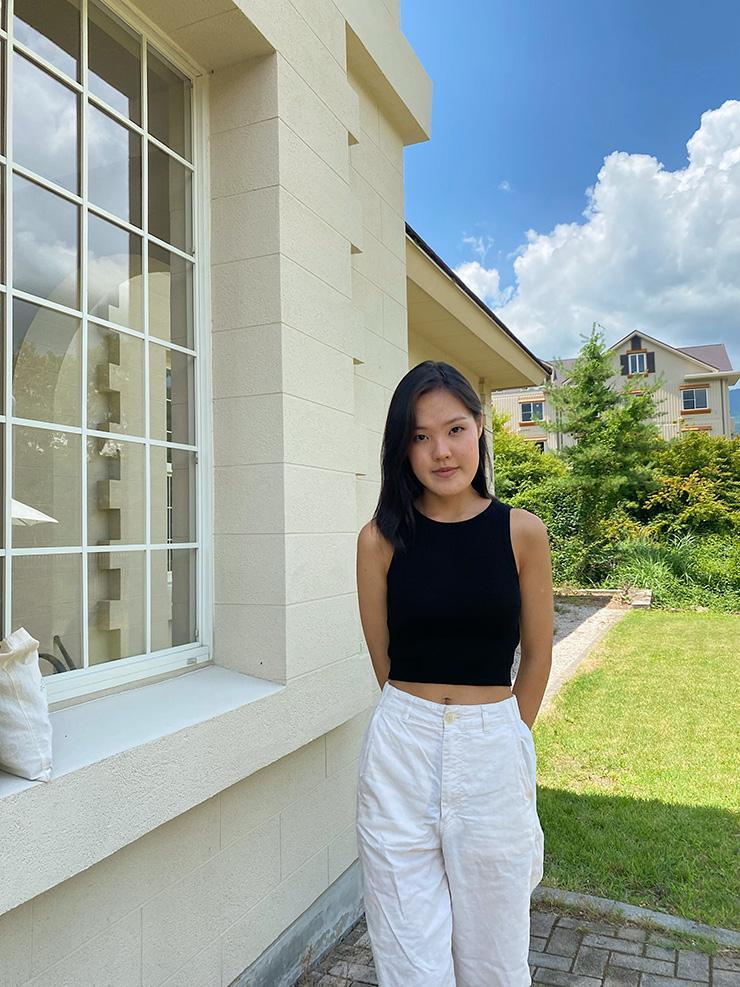
MIKI
From Mongolia/Japan
-
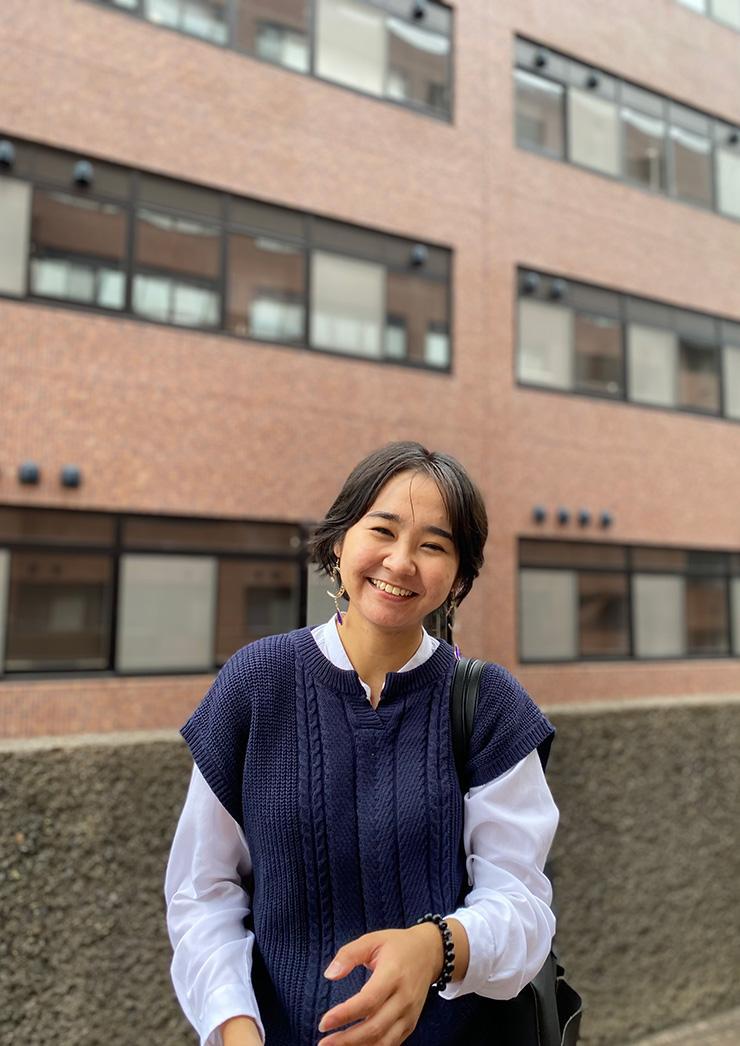
AISANA
From Kazakhstan
-
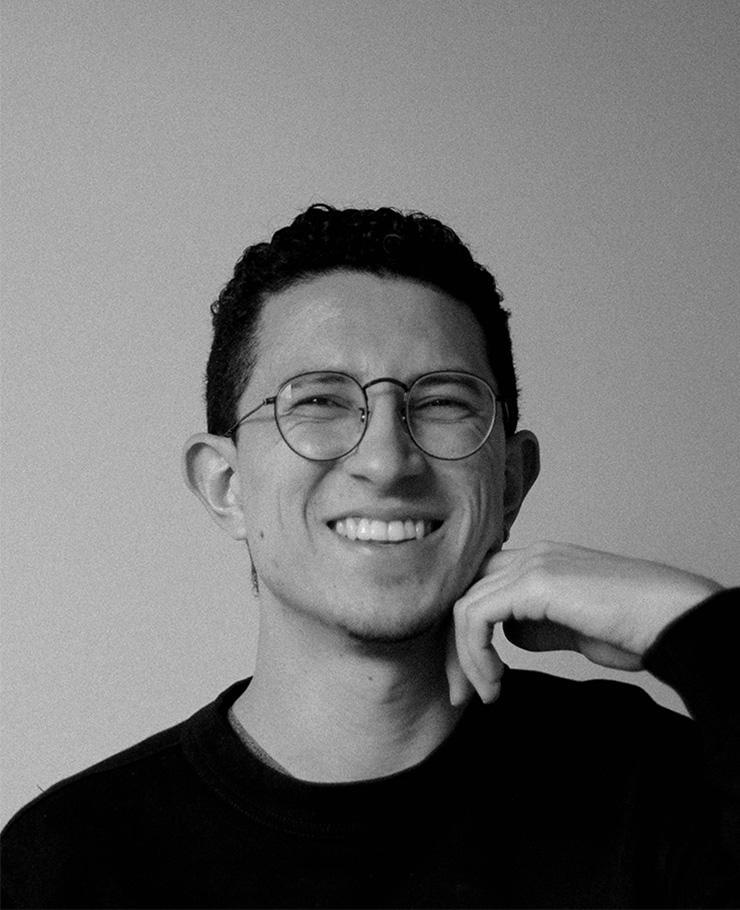
VITHOR SILVA
From Brazil
-
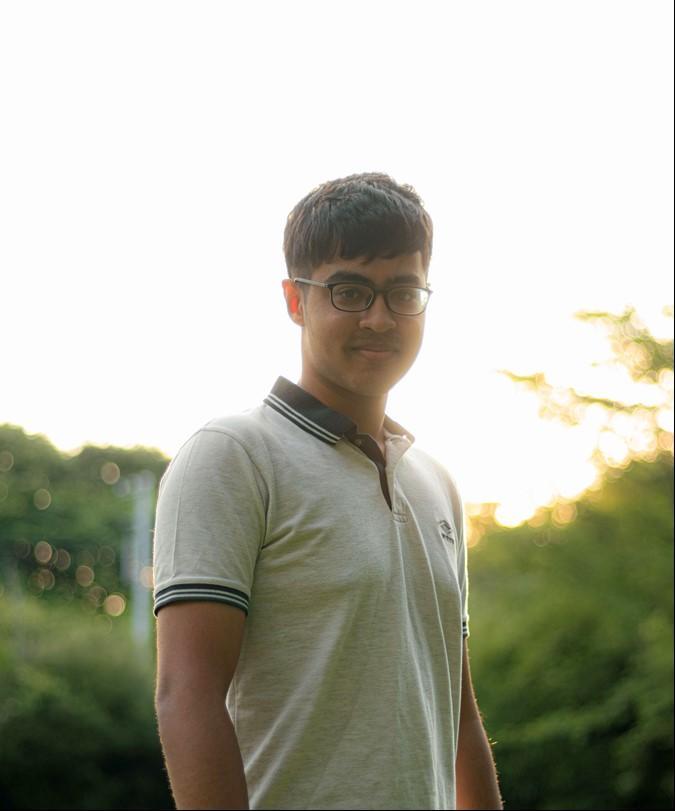
CHINMAY
From India
-
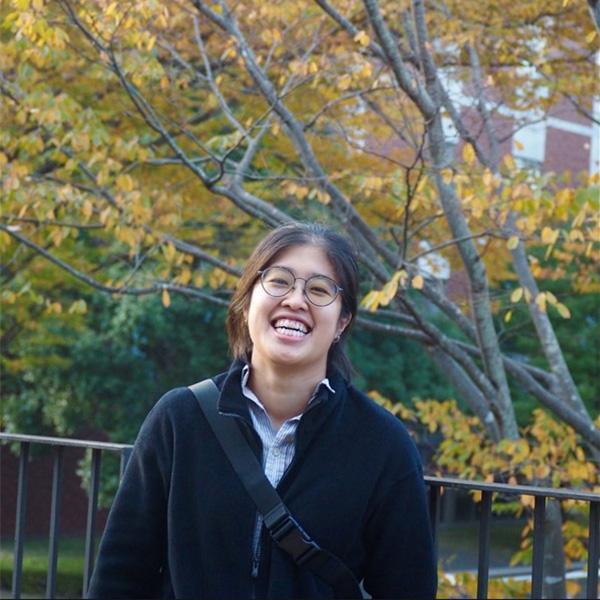
JEE
From Thailand
-

ISLA
From Taiwan
-
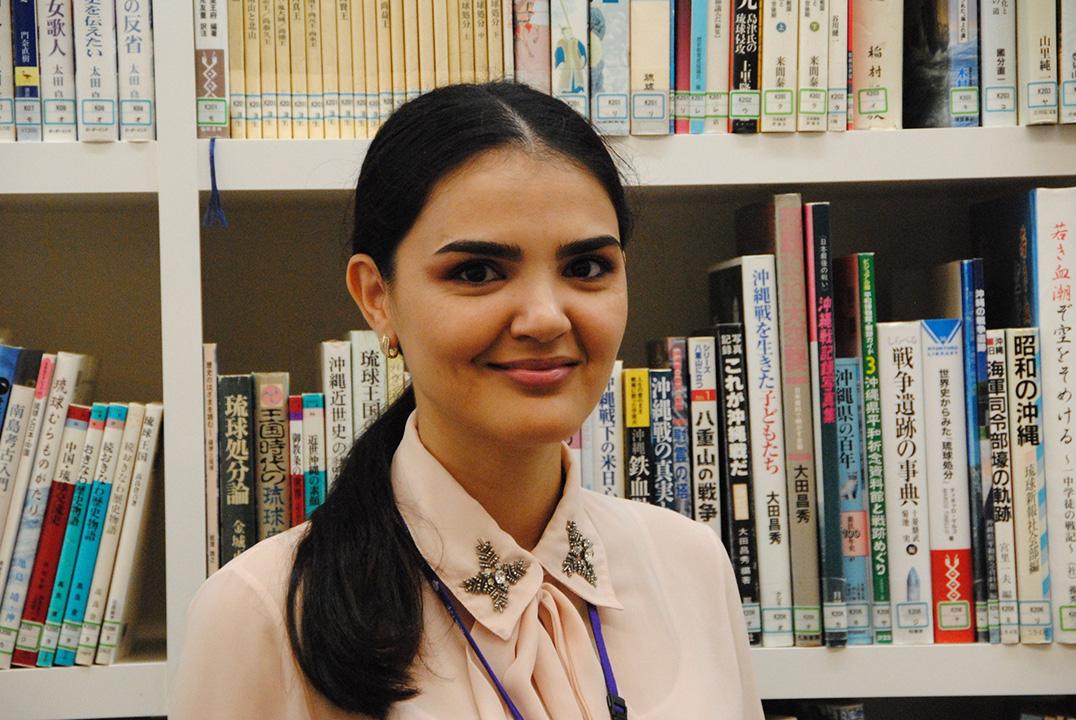
MIVE
From Turkmenistan
-
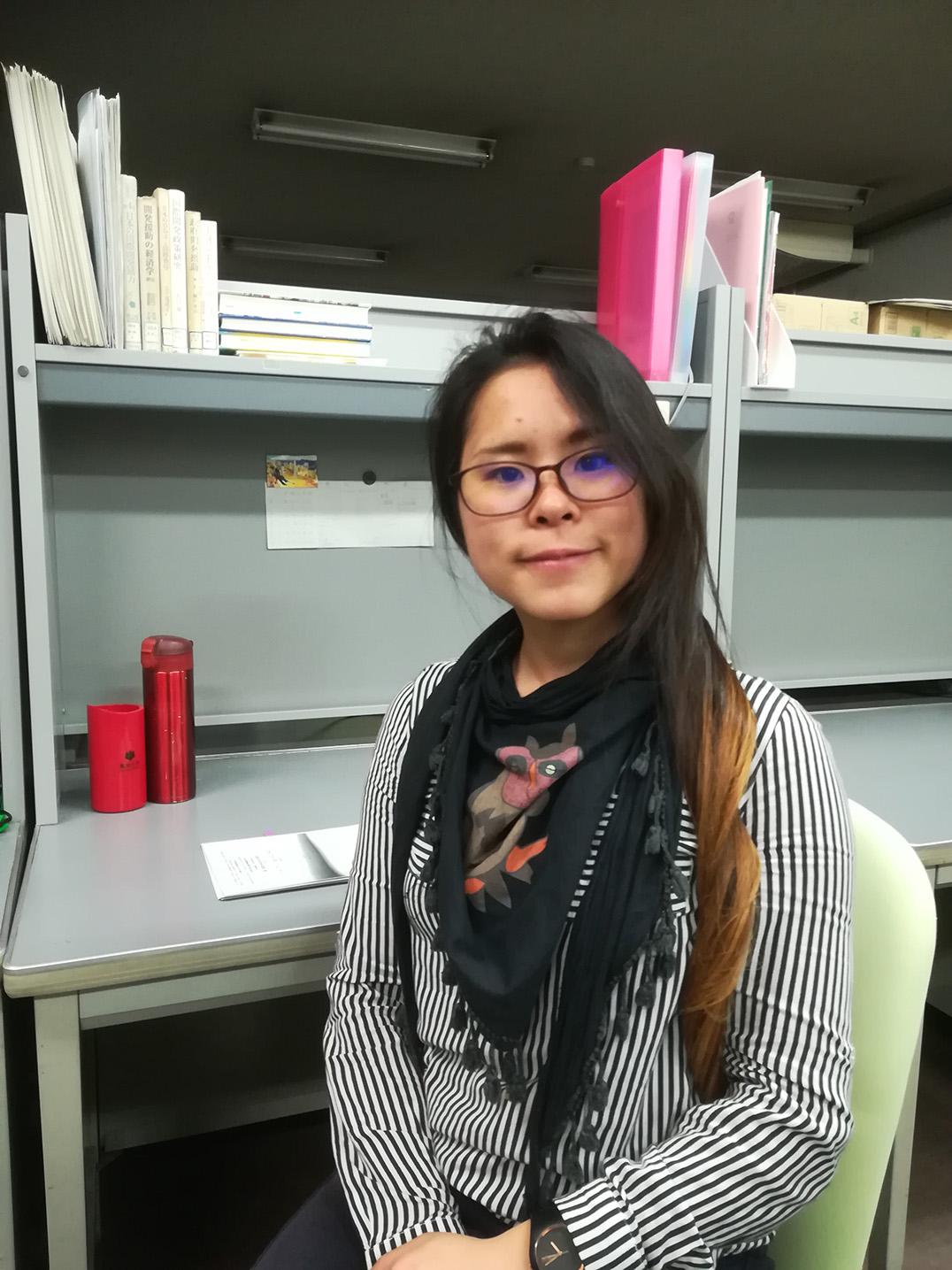
LAURA
From Argentina
-
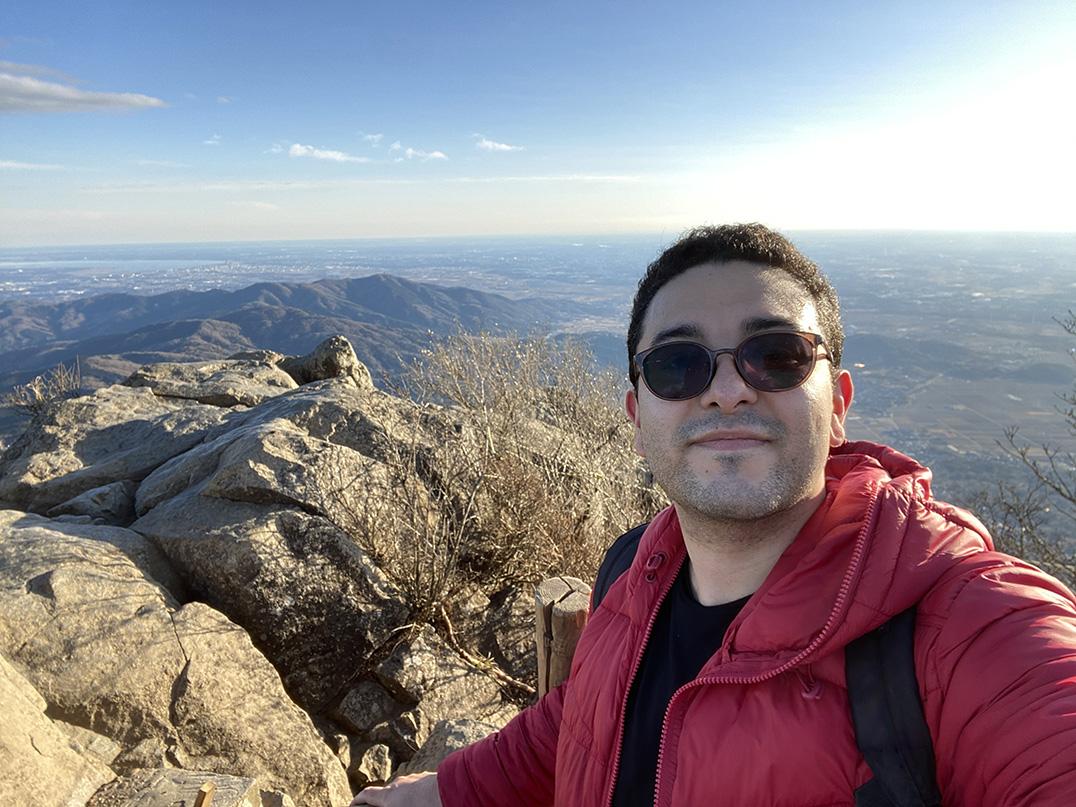
SERGIO
From Colombia
-
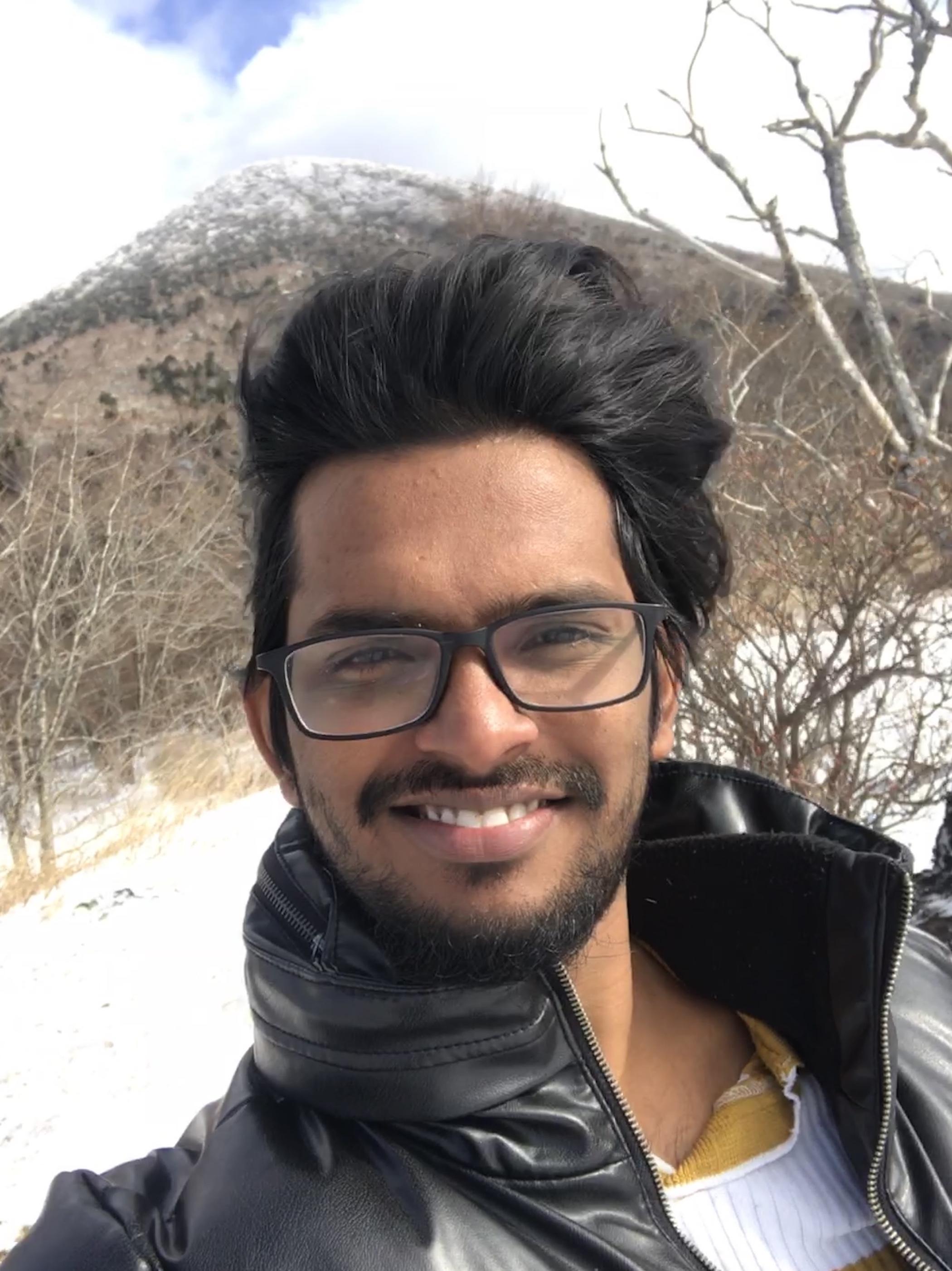
LENNY
From India
-
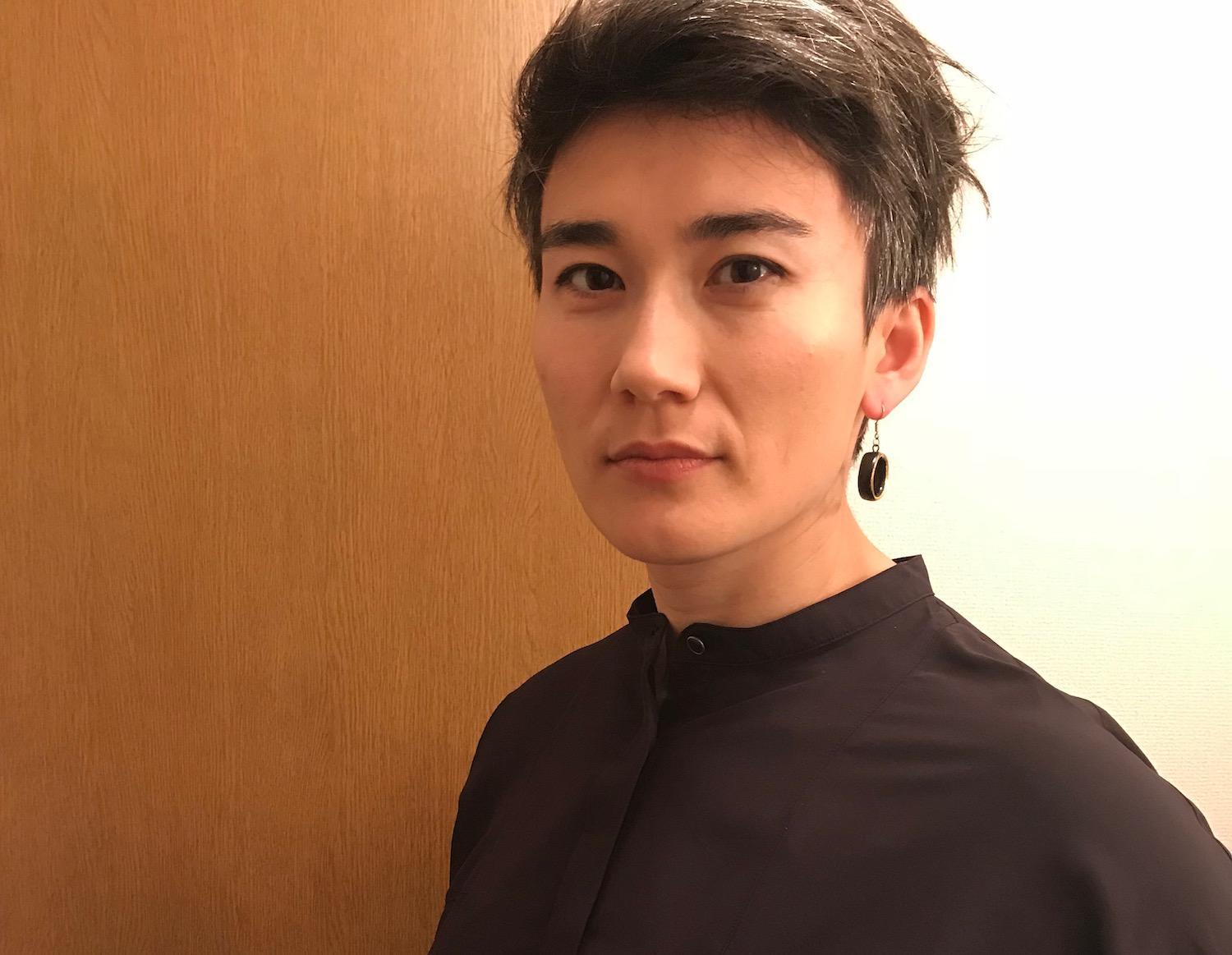
ZHANAR
From Kazakhstan
-
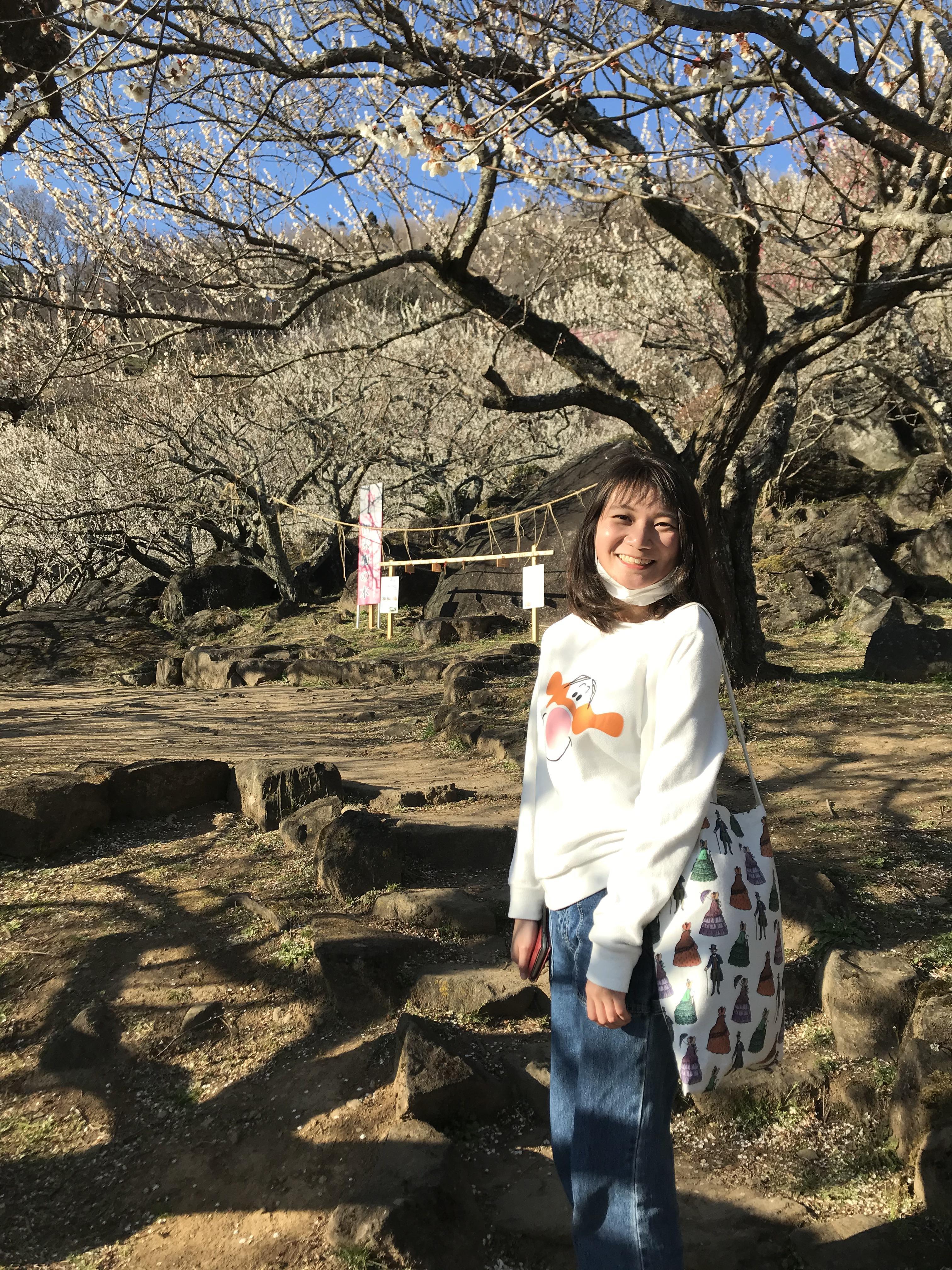
PENG
From Malaysia
-
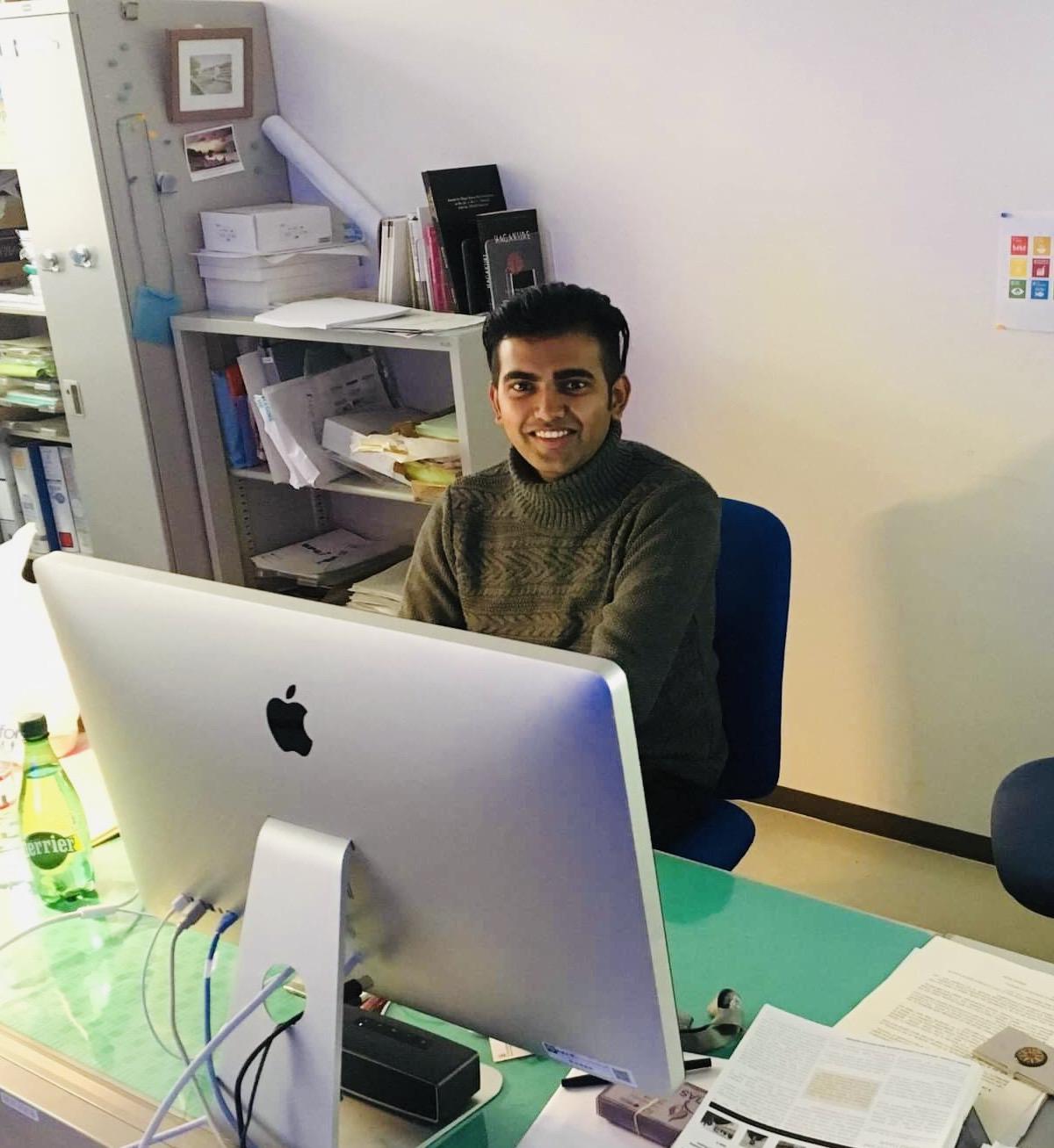
RAVI
From Nepal
-
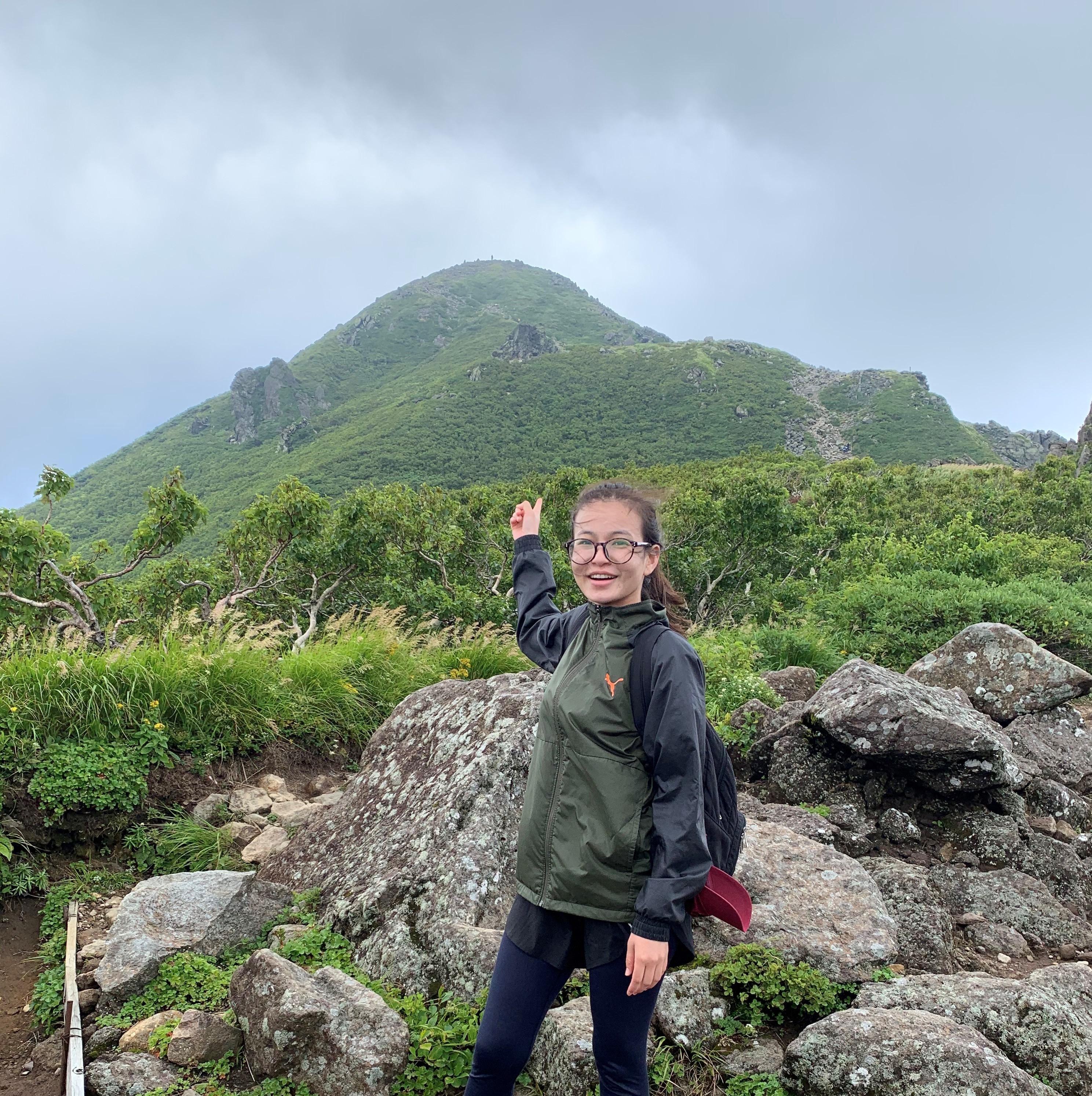
SUNITA
From Nepal
-

ATOM
From Thailand



